When it comes to weight loss and healthy living, many people are turning to low-carb diets. But what is a low-carb diet, and how does it work? In this comprehensive guide, we’ll dive into the science behind low-carb diets, the different types of low-carb diets, and what you need to know to get started.
What’s Low Carb Diet?
A low-carb diet is a type of diet that restricts the amount of carbohydrates you consume. The idea behind a low-carb diet is that by reducing your intake of carbohydrates, your body will enter a state of ketosis, where it burns fat for energy instead of glucose (carbohydrates).
Low-carb diets have been around for decades and have been proven to be effective for weight loss and improving health markers. In recent years, low-carb diets have gained popularity due to their success in helping people lose weight and improve their health.
Types of Low-Carb Diets
There are several types of low-carb diets, each with their own restrictions and guidelines. Some of the most popular low-carb diets include:
- The ketogenic diet: This is a very low-carb, high-fat diet that typically restricts carbohydrates to 20-50 grams per day.
- The Atkins diet: This is a low-carb, high-protein diet that restricts carbohydrates to a specific number of grams per day, depending on your weight loss goals.
- The South Beach diet: This is a low-carb, high-protein, and high-fat diet that restricts carbohydrates to a specific number of grams per day, depending on your weight loss goals.
- The Paleo diet: This is a low-carb, high-protein, and high-fat diet that is based on the principles of the Paleolithic era, where humans ate mostly meat, fish, and vegetables.
How Does a Low-Carb Diet Work?
A low-carb diet works by restricting the amount of carbohydrates you consume, which forces your body to enter a state of ketosis. In this state, your body burns fat for energy instead of glucose (carbohydrates).
When you eat carbohydrates, your body converts them into glucose, which is then used for energy. However, if you consume too many carbohydrates, your body will store the excess glucose as fat. By restricting your carbohydrate intake, you force your body to burn stored fat for energy instead.
What’s low carb foods?
Low Carb Diet List of Foods you can eat on a low-carb diet vary depending on the type of low-carb diet you choose. Generally, you can eat meat, fish, eggs, dairy, healthy fats, and non-starchy vegetables. Some low-carb diets also allow for limited amounts of fruit and starchy vegetables, while others restrict them completely.
It’s important to remember that just because a food is low in carbohydrates doesn’t mean it’s healthy. Processed foods and junk food can still be high in calories and unhealthy, even if they’re low in carbohydrates.
Fruits For Low Carb Diet
Here’s a list of fruits for low carb diet:
- Berries: Berries are an excellent option for those on a low-carb diet. Strawberries, raspberries, blackberries, and blueberries are all low in carbohydrates and high in fiber.
- Tomatoes: Tomatoes are a low-carb fruit that is also rich in antioxidants and vitamins.
- Avocados: Avocados are a low-carb fruit that is high in healthy monounsaturated fats and fiber.
- Lemons and Limes: These citrus fruits are low in carbohydrates and high in Vitamin C, making them a great addition to your low-carb diet.
- Grapefruit: Grapefruit is a low-carb fruit that is also high in fiber, antioxidants, and Vitamin C.
Low Carb Diet Benefits:
A low carb diet is a popular choice for people looking to lose weight, improve their health, and manage certain medical conditions. By limiting the amount of carbohydrates in your diet, you can make significant changes to your eating habits that can have a positive impact on your health. In this article, we’ll take a closer look at some of the low carb diet benefits includes:
1. Weight Loss
One of the most well-known benefits of a low carb diet is weight loss. By limiting the amount of carbohydrates in your diet, you reduce the number of calories you consume, which can lead to weight loss. Additionally, a low carb diet can also help to improve insulin sensitivity, which can make it easier for your body to burn fat for energy.
2. Improved Blood Sugar Control
For people with diabetes, a low carb diet can be especially beneficial. By limiting the amount of carbohydrates in your diet, you can improve blood sugar control, which can help to manage the symptoms of diabetes and reduce the risk of complications. Additionally, a low carb diet can also help to improve insulin sensitivity, which is important for managing diabetes.
3. Increased Energy Levels
Many people report feeling more energetic on a low carb diet. This is because, as your body becomes more efficient at burning fat for energy, you may experience improved energy levels and reduced feelings of fatigue. Additionally, a low carb diet can also help to improve mental clarity and focus, making it easier to stay alert and productive throughout the day.
4. Improved Heart Health
A low carb diet can also have a positive impact on heart health. By limiting the amount of carbohydrates in your diet, you can reduce the levels of “bad” LDL cholesterol in the body, which can help to reduce the risk of heart disease. Additionally, a low carb diet can also help to improve the levels of “good” HDL cholesterol in the body, which can have a positive impact on heart health.
5. Reduced Inflammation
A low carb diet can also help to reduce inflammation in the body. This is because, by limiting the amount of carbohydrates in your diet, you can reduce the levels of insulin in the body, which can help to reduce inflammation. Additionally, a low carb diet can also help to improve the function of the immune system, which can help to reduce inflammation and improve overall health.
6. Improved Brain Function
A low carb diet can also have a positive impact on brain function. By limiting the amount of carbohydrates in your diet, you can improve the production of ketones, which are a type of molecule that can be used as an alternative fuel source for the brain. This can help to improve mental clarity, focus, and overall brain function.
7. Reduced Risk of Certain Cancers
There is some evidence to suggest that a low carb diet may reduce the risk of certain types of cancer. This is because, by limiting the amount of carbohydrates in your diet, you can reduce the levels of insulin in the body, which can help to reduce the risk of certain cancers. Additionally, a low carb diet can also help to improve the function of the immune system, which can help to reduce the risk of certain cancers.
Low Carb Diet Side Effects
When it comes to dieting, there’s no shortage of options. From Atkins to South Beach, low carb diets have been a popular choice for people looking to lose weight and improve their health. However, like any diet, low carb diets come with their own set of side effects that are important to consider before you make a change to your eating habits. In this article, we’ll take a closer look at some of the potential drawbacks of a low carb diet.
1. Nutrient Deficiencies
One of the main drawbacks of a low carb diet is the potential for nutrient deficiencies. Carbohydrates play a crucial role in providing our bodies with the energy we need to function, and they also provide important nutrients such as fiber and vitamins. By limiting the amount of carbohydrates in your diet, you may be missing out on important nutrients that your body needs to function properly.
2. Lack of Variety
Another potential drawback of a low carb diet is a lack of variety. Many low carb diets require you to avoid certain foods, such as bread, pasta, and other high-carb items. This can make it difficult to find tasty and filling meals, and can lead to boredom and eventually giving up on the diet.
3. Difficulty Sustaining the Diet
A low carb diet can be difficult to sustain over the long term. The strict restrictions on certain foods can make it difficult to stick to the diet, and can lead to feelings of deprivation and unhappiness. Additionally, the lack of energy that often accompanies a low carb diet can make it difficult to stick to the diet in the long term.
4. Increased Cholesterol
Some people may experience increased cholesterol levels on a low carb diet. This is because a low carb diet often involves an increased consumption of animal products, which can raise cholesterol levels. Additionally, the lack of fiber in a low carb diet can also contribute to increased cholesterol levels.
6. Constipation
Constipation with low carb diet is because carbohydrates play a crucial role in keeping our digestive system healthy and functioning properly. By limiting the amount of carbohydrates in your diet, you may be missing out on important fiber that helps keep your digestive system healthy and regular.
7. Increased Risk of Kidney Problems
For people with kidney problems, a low carb diet can be particularly dangerous. This is because a low carb diet can increase the amount of waste and toxins in the body, which can put a strain on the kidneys and increase the risk of kidney problems.
How Does a Low Carb Diet Impact PCOS?
Insulin resistance is a common issue for women with PCOS, and many turn to low carb diet PCOS as a means of managing their symptoms. By reducing the insulin response, low carb diets can help to regulate blood sugar levels and reduce the symptoms associated with insulin resistance. Additionally, low carb diets can lead to weight loss, which can also improve the symptoms of PCOS.
Conclusion
Is low carb diet healthy? Yes! A low-carb diet is a popular way to lose weight and improve overall health. It has been shown to be effective for reducing body fat, blood sugar levels, and improving heart health markers. But, like any diet, it’s important to understand the benefits and potential risks before jumping in.


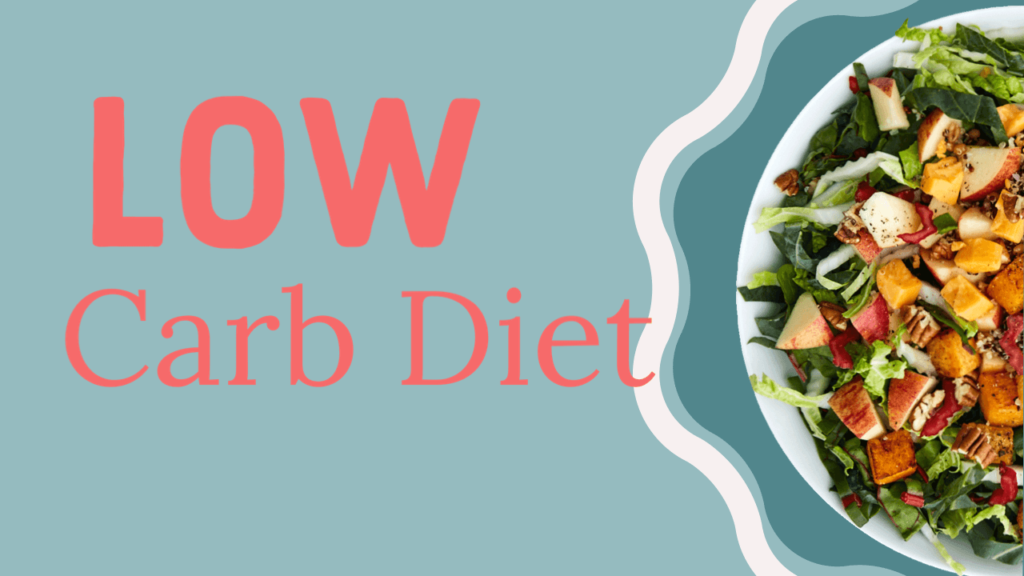
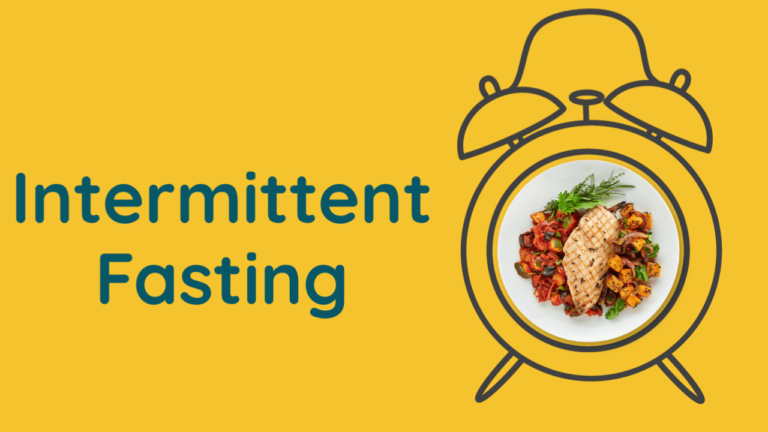
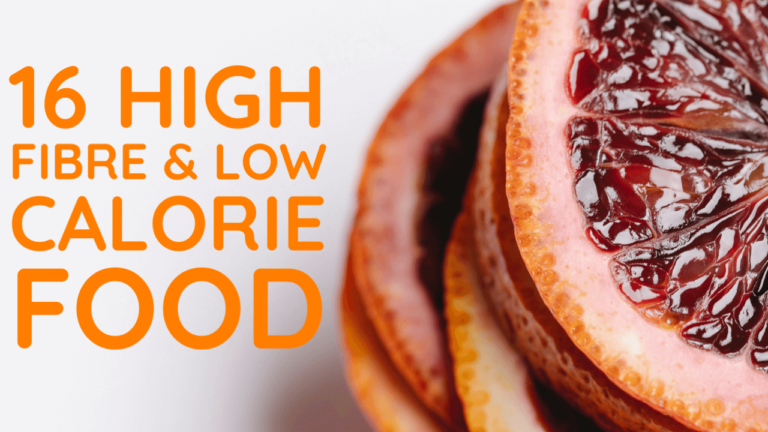
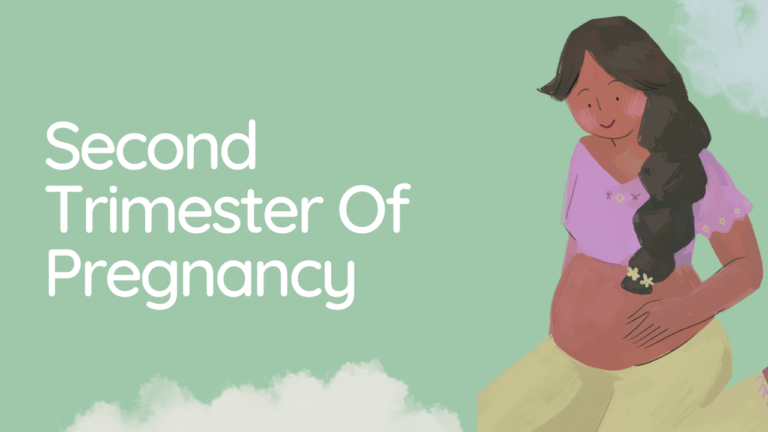
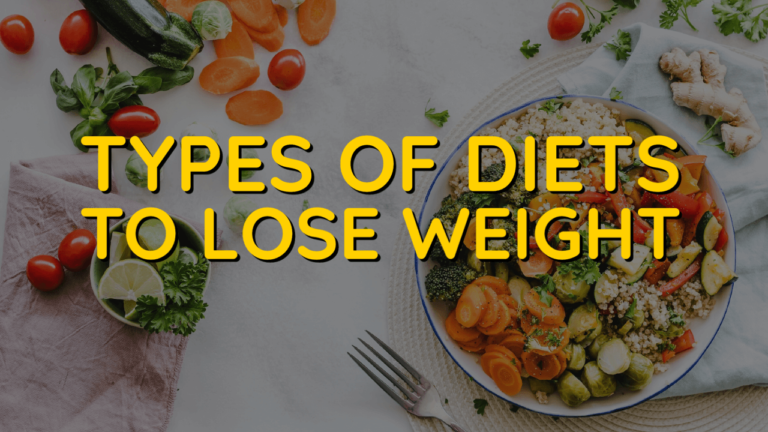

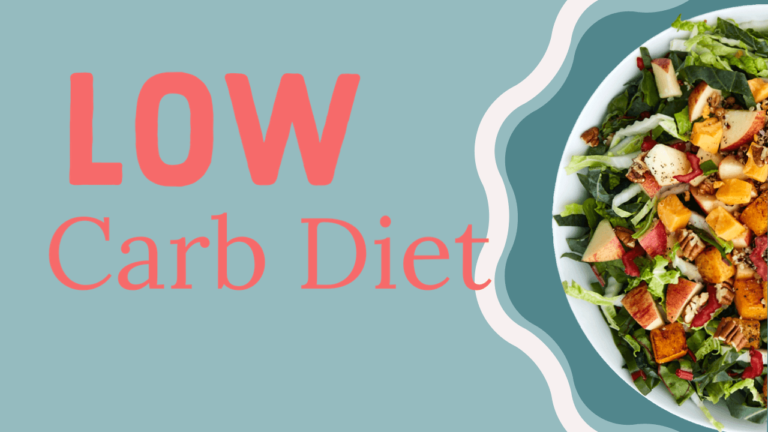
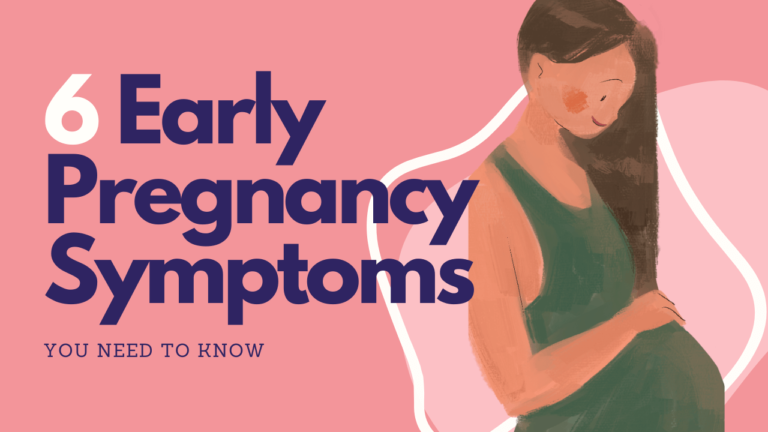
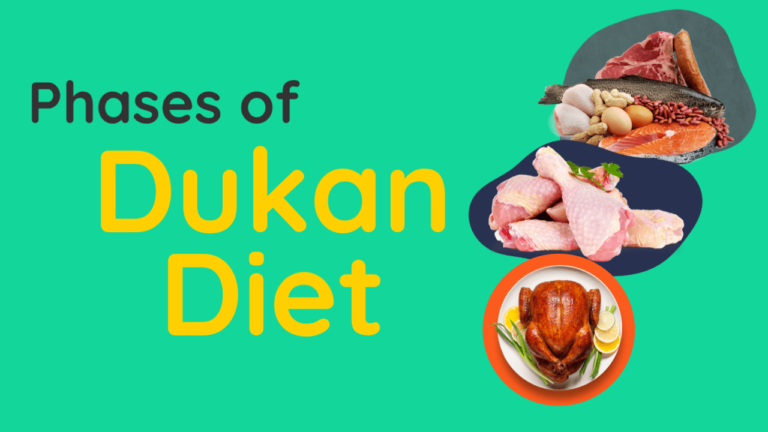
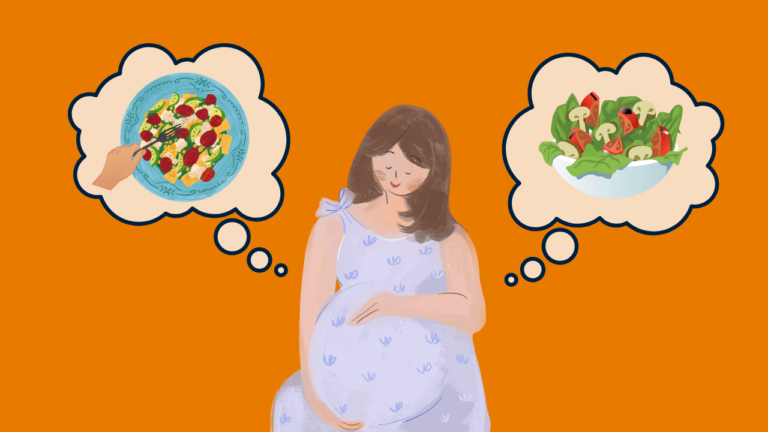
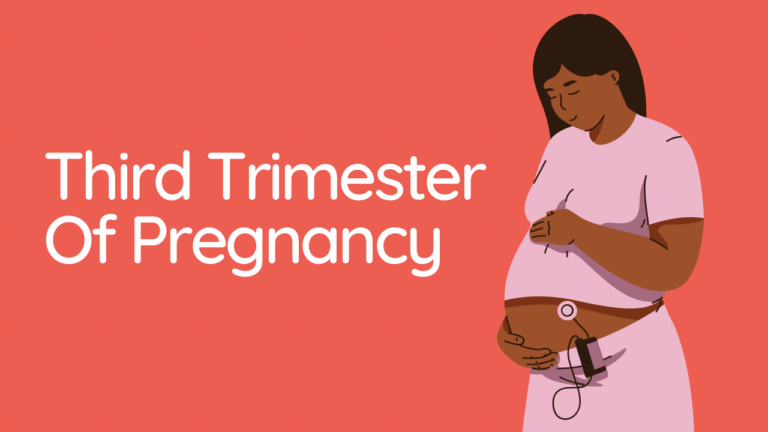


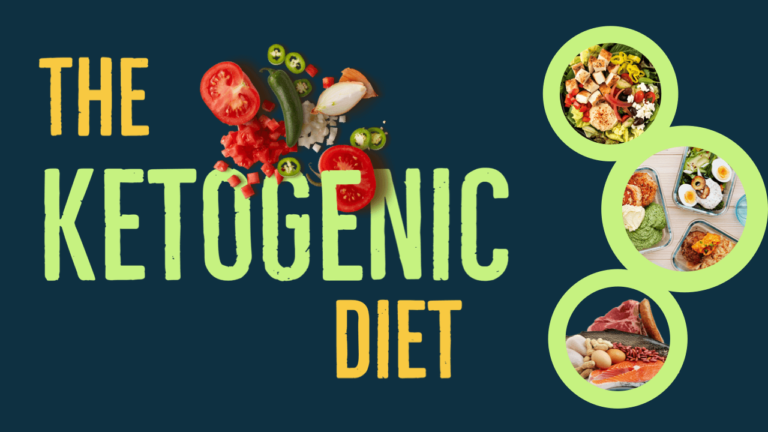

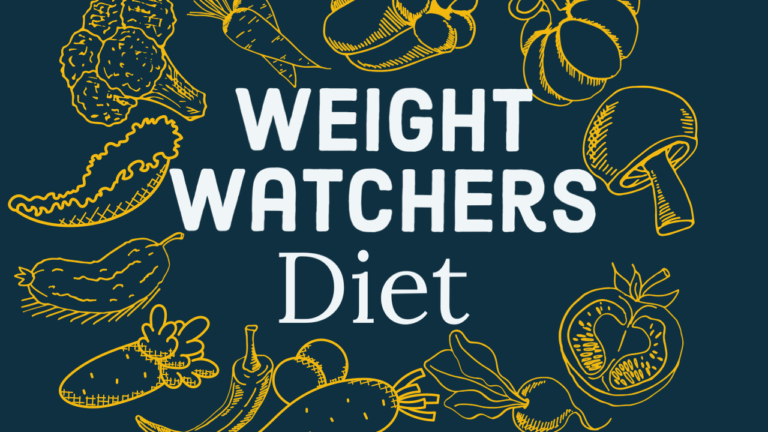


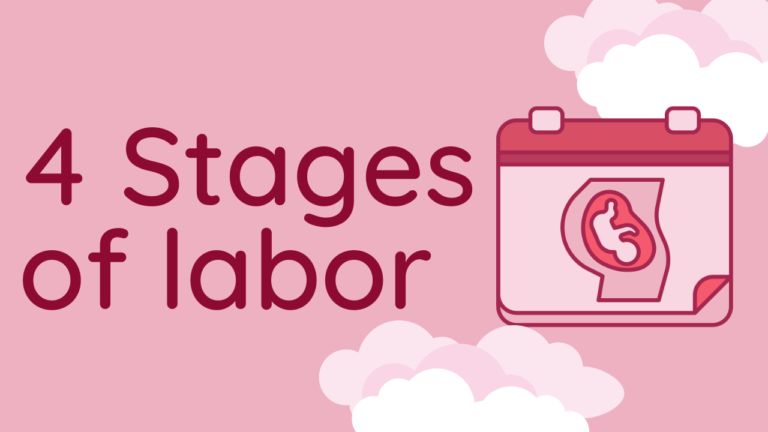


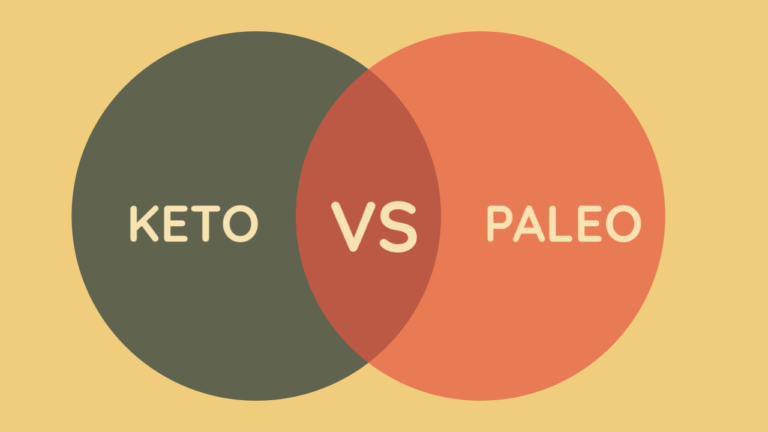
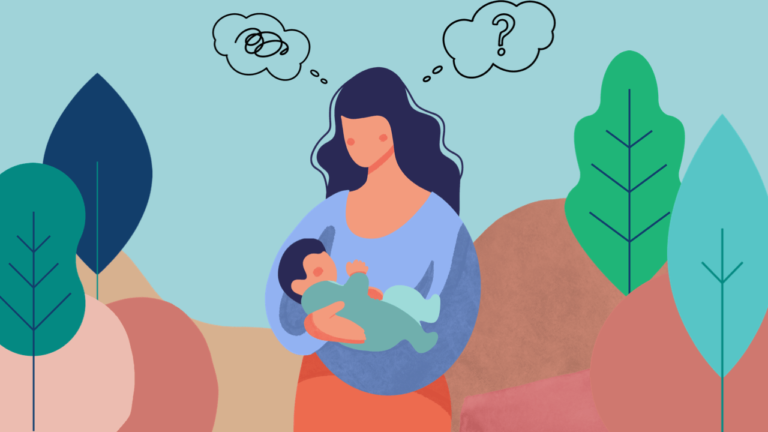
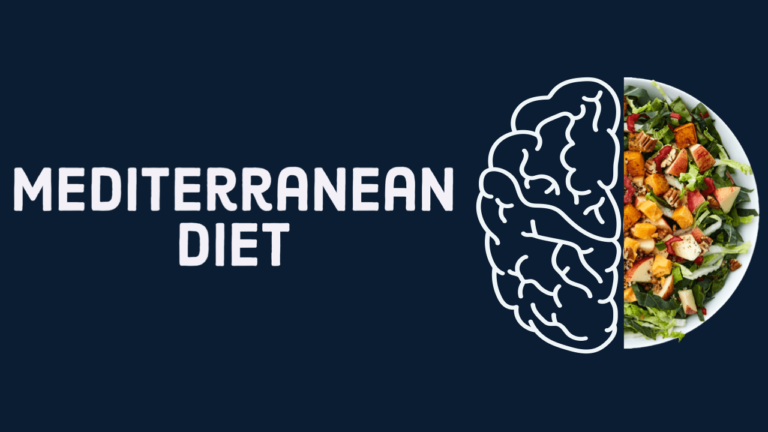
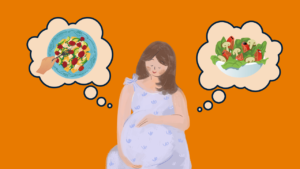
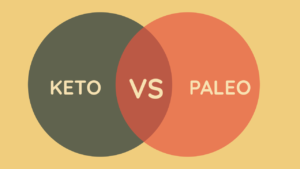
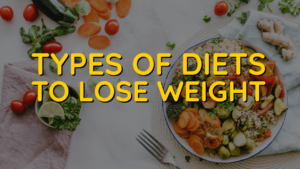

1 thought on “Low Carb Diet: What You Need to Know Before You Start”
There is very much similarity in low carb diet and keto diet.